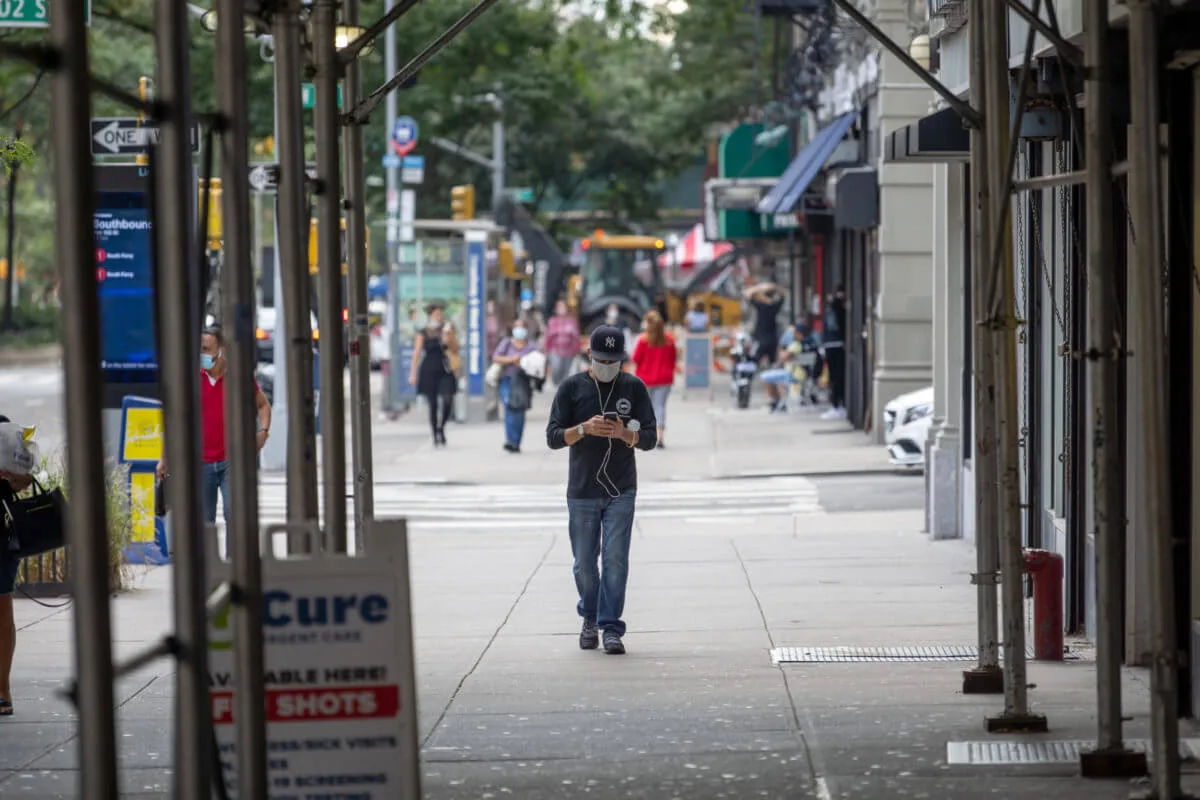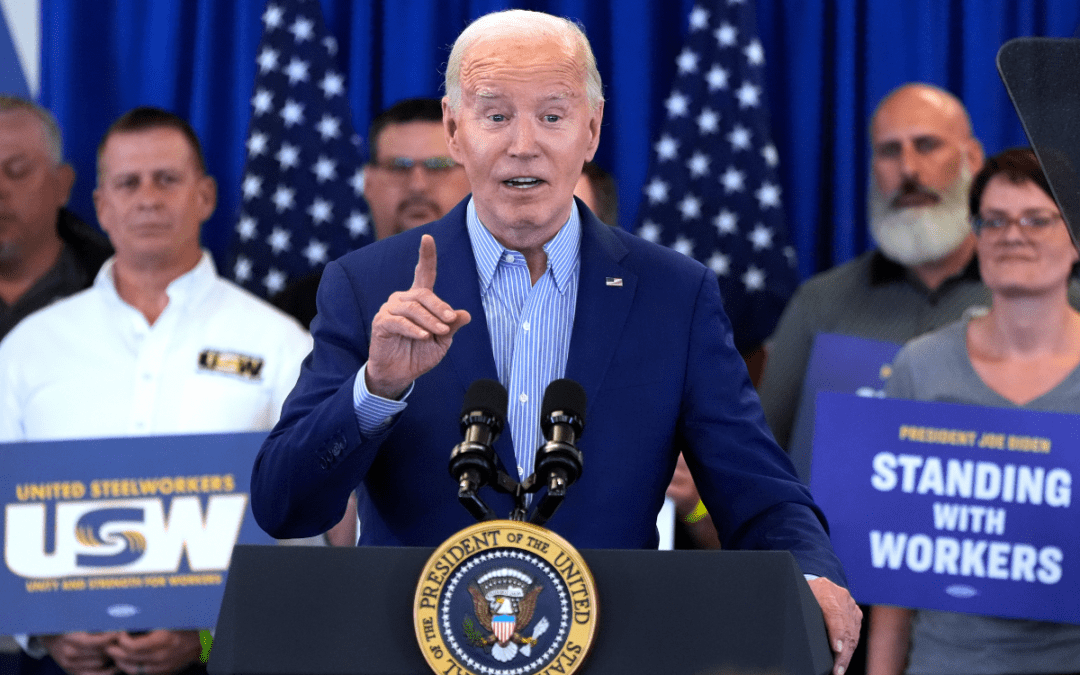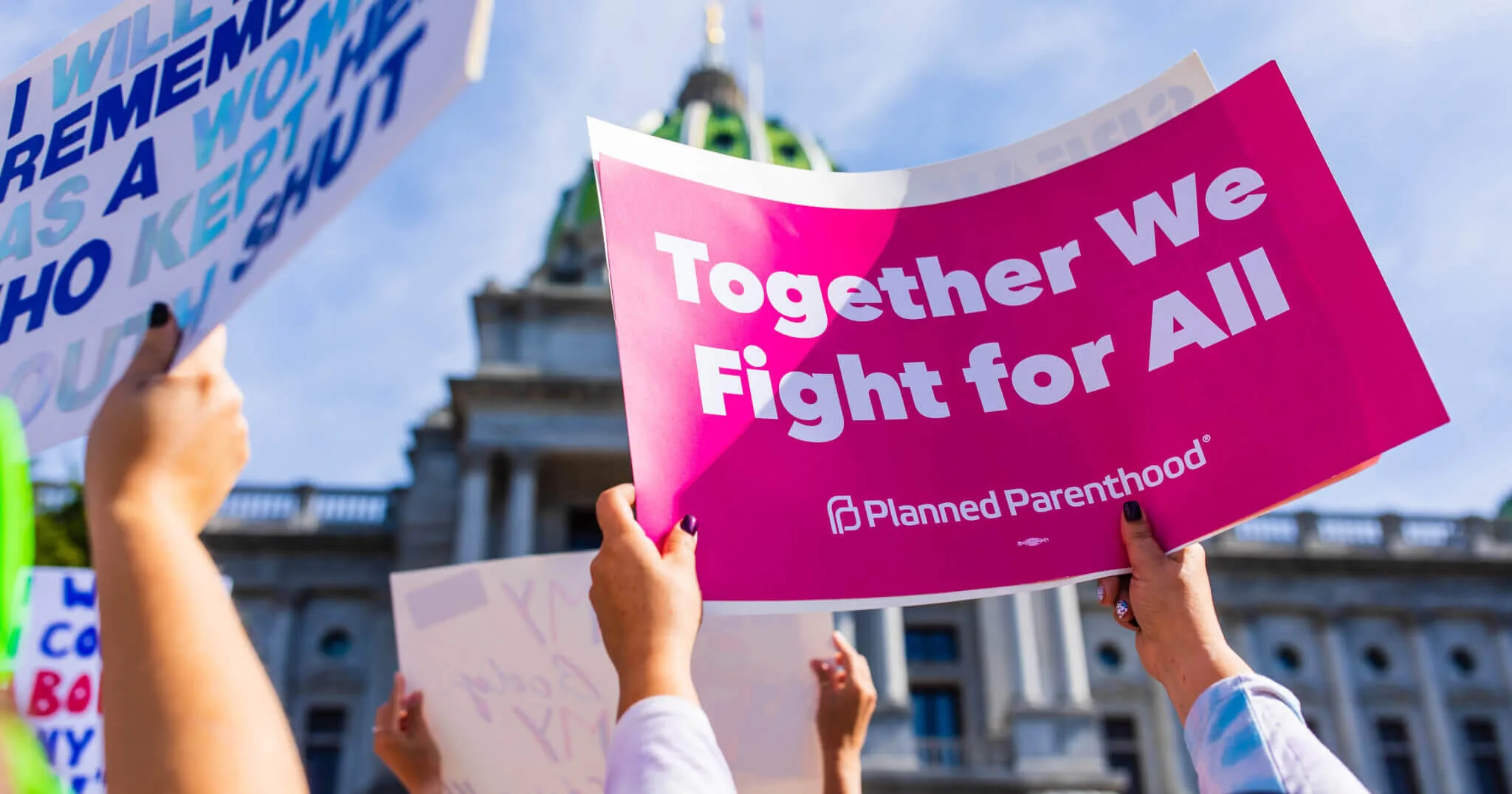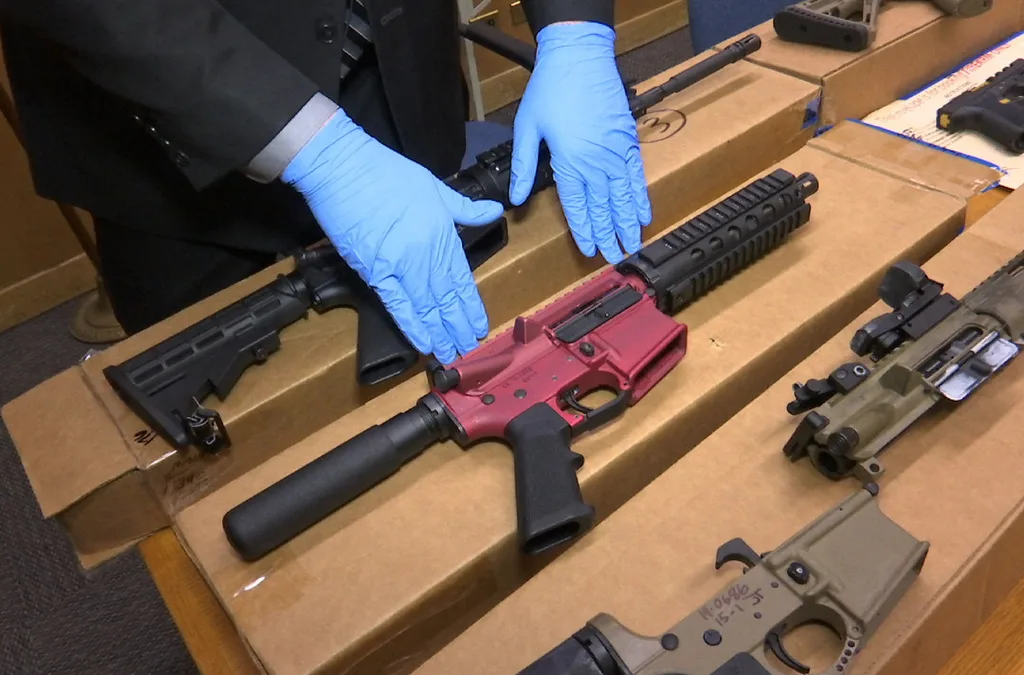
A man walks in New York City. Photo by Alexi Rosenfeld/Getty Images
Referred to in budget documents as the “Covid-19 immediate surge public advertising and awareness campaign,” the adverts seek to “defeat despair and inspire hope” about the coronavirus pandemic.
Fall is here and COVID-19 cases are surging once again across the country. The difference this time around, according to Lawrence Gostin, a professor at Georgetown University and the director of the World Health Organization’s Collaborating Center on National and Global Health Law, is that the second wave will be more like a “series of uncontrolled forest fires” instead of a tsunami.
“I see zero progress in terms of having a national strategy for testing, contact tracing, and isolation,” he told The Daily Beast. “I see people losing their will to stay isolated, to wear masks, to avoid social gatherings. And so there’s no sign of either a national governmental plan or individual behavior that’s going to keep these [infections] from emerging.”
Meanwhile, according to Politico, the Trump administration is nearing the release of an ad campaign with celebrity spokespersons, including actor Dennis Quaid and gospel singer CeCe Winans, that reportedly aims to paint the government’s response to the pandemic in a positive light. Referred to in budget documents as the “Covid-19 immediate surge public advertising and awareness campaign,” the adverts seek to “defeat despair and inspire hope” about the coronavirus pandemic.
The ad campaign cost $300 million in taxpayer money, which was shifted away from the Centers for Disease Control and Prevention (CDC).
Sorting Fact From Fiction: Sign Up for COURIER’s newsletter.
In a 26-minute Facebook Live video from Sept. 13, former Health and Human Services (HHS) spokesperson Michael Caputo said President Donald Trump “personally” demanded that he plan the ad campaign. Caputo also spouted several conspiracy theories, including that federal scientists were wielding pandemic research data to harm Trump. He recently came under fire for pressuring the CDC to doctor their reports in order to align more with Trump’s agenda of presenting the nation’s health in a more positive light.
Democratic leaders in the House of Representatives were alarmed.
“We have grave concerns that, rather than focus on planning and executing a national strategy to contain the coronavirus, the Trump Administration is using a quarter of a billion dollars in taxpayer money to fund what appears to be a political propaganda campaign just … before a presidential election,” read a letter to HHS Secretary Alex Azar sent in early September. It was signed by Rep. Carolyn B. Maloney, chair of the Committee on Oversight and Reform; Rep. James E. Clyburn, chair of the Select Subcommittee on the Coronavirus Crisis; and Rep. Raja Krishnamoorthi, chair of the Subcommittee on Economic and Consumer Policy.
Democrats have launched an investigation, arguing it is premature for the HHS to build a campaign to “defeat despair” before widely disseminating something as basic as COVID-19 guidelines to the public. They requested that HHS pause the campaign, but HHS officials refused, defending the initiative.
“There is no room for political spin in the messages and materials designed by HHS to help Americans make informed decisions about the prevention and treatment of Covid-19 and flu,” Mark Weber, a career HHS public affairs official, wrote in a statement.
RELATED: 90% of Americans Still Vulnerable to COVID-19 Infection, CDC Director Says
Caputo—who took medical leave last week and announced that he had been diagnosed with cancer—had already launched a new taxpayer-funded podcast at HHS in May, before setting his sights on the $300 million that Congress had previously appropriated to the CDC. HHS offered CDC officials few details on how the money would be spent and, since providing the funds, the public health agency has had little oversight on the campaign’s development.
The CDC’s political sway continues to wane as Trump amplifies other experts offering news and statements more in tune with his public spin. Dr. Scott Atlas, the newest appointee to the White House coronavirus task force, has publicly doubted the effectiveness of masks despite CDC findings. He’s also touted the benefits of so-called herd immunity, one of Trump’s pet theories for an easy resolution to the pandemic. But according to the Mayo Clinic, it isn’t yet clear if infection with the COVID-19 virus makes a person immune to future infection and reinfection with the same virus is possible.
Atlas, now the medical expert who spends the most time with the president, is a neuroradiologist with no background in infectious disease research or public health.
On a call Friday, CDC head Dr. Robert Redfield was overheard telling a colleague that Atlas was arming Trump with misleading data, and that “Everything he says is false.”
Redfield also contradicted the president’s assertion that the country is “rounding the corner” on the pandemic. “We’re nowhere near the end,” Redfield said.
As the world surpasses 1 million dead from COVID-19, the US logged 55,759 cases Friday—the largest single-day total in a month. The weather is cooling down, meaning more people will be situated indoors where the chance for transmission is higher. Forty states and territories have reported increases in new cases, and the US has passed 7 million infections.
“We’re not in a good place,” Dr. Anthony Fauci, the nation’s leading expert on infectious diseases, warned on “Good Morning America.” “We really need to intensify the public health measure that we talk about all the time.”
READ MORE: ‘Blood on Their Hands’: Americans Who Lost Loved Ones to COVID-19 Blast Government Response
Politics

Biden announces tariffs on Chinese Steel while visiting United Steelworkers members
“I'm president because of you guys. I really am and I'm proud. As was mentioned earlier, I'm proud to be the most pro-union president in American...

Opinion: Is Reproductive Healthcare just a women’s issue?
In this op-ed, Pennsylvania resident Lynn Strauss discusses the Republican Party’s conflicting stance on reproductive healthcare policy and the...

2 top US gun parts makers agree to temporarily halt sales in Pennsylvania
Philadelphia filed suit against Polymer80 and JSD Supply last year, accusing the manufacturers of perpetuating gun violence by manufacturing ghost...
Local News

Conjoined twins from Berks County die at age 62
Conjoined twins Lori and George Schappell, who pursued separate careers, interests and relationships during lives that defied medical expectations,...

Railroad agrees to $600 million settlement for fiery Ohio derailment, residents fear it’s not enough
Norfolk Southern has agreed to pay $600 million in a class-action lawsuit settlement for a fiery train derailment in February 2023 in eastern Ohio,...





